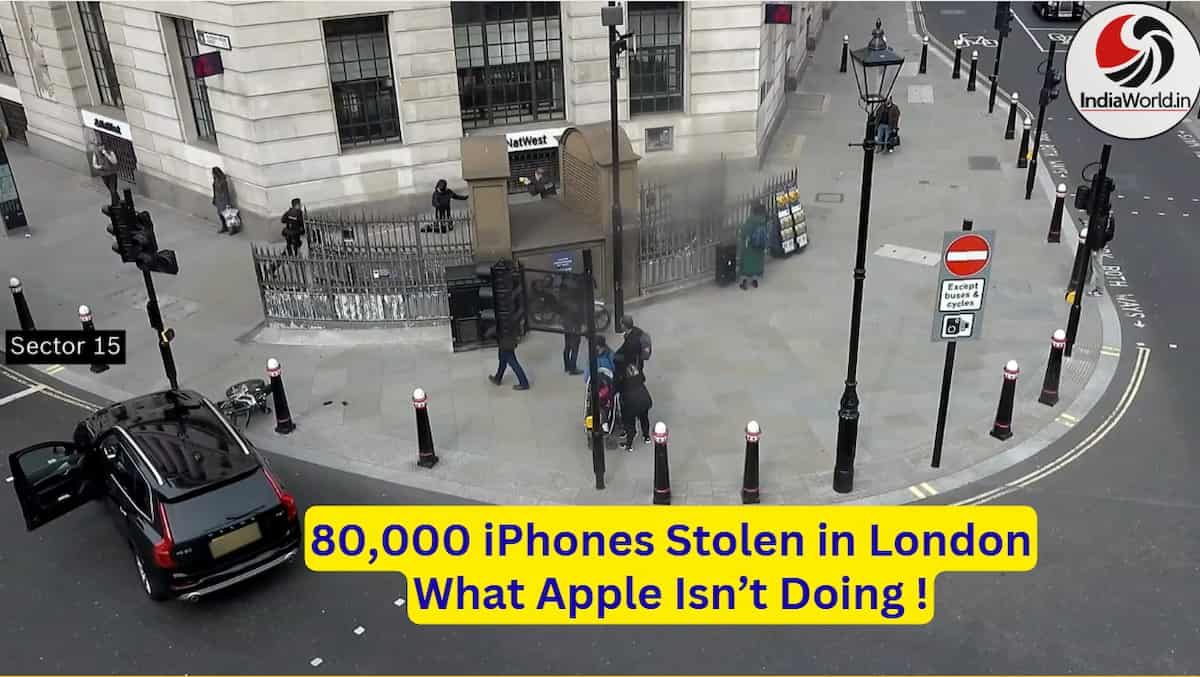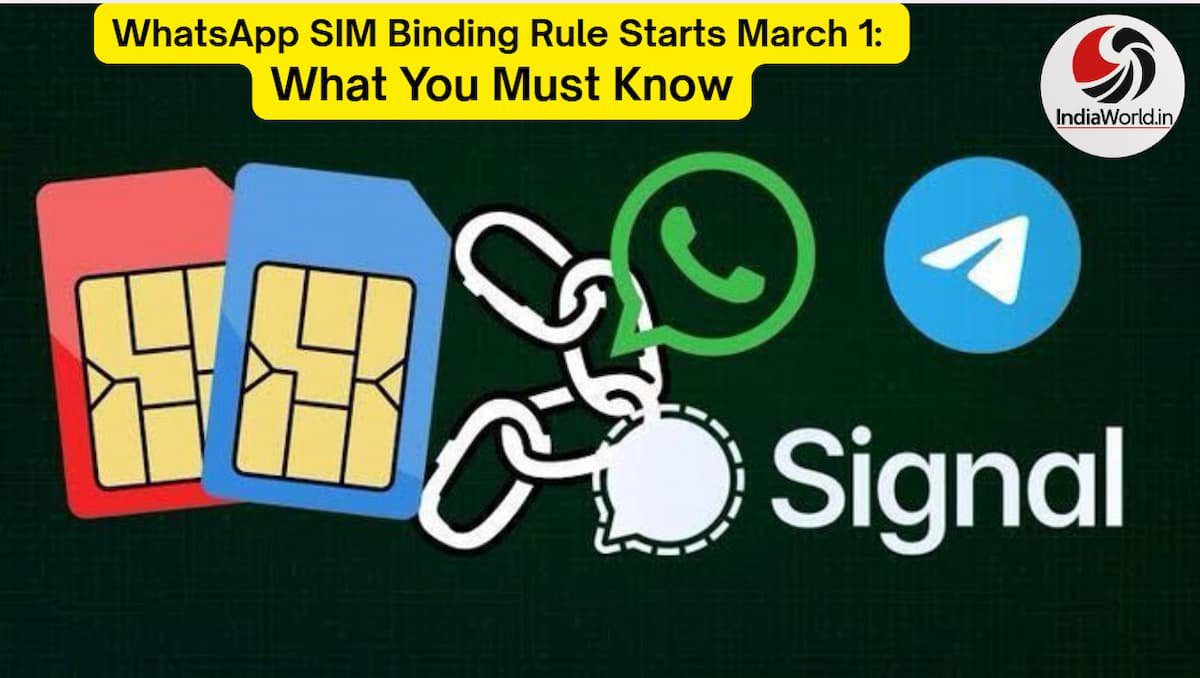London’s iPhone Theft Crisis: Is Apple’s Trade-In Program Fueling It?
In a shocking revelation, London has reported over 80,000 stolen iPhones in 2024 alone—a staggering rise from 64,000 in 2023. The Metropolitan Police Service (Met Police) now accuses Apple of enabling this surge by allegedly ignoring theft checks in its trade-in program. As the city grapples with what officials call an “epidemic of phone thefts,” the blame game between Apple and law enforcement intensifies, leaving users vulnerable in a growing black market for stolen smartphones.
London iPhone Theft Crisis Deepens
London is facing a smartphone theft crisis like never before. In 2024, over 80,000 iPhones were reported stolen, marking a sharp 25% increase from the previous year. According to the Met Police, nearly 80% of all stolen smartphones in the city are iPhones. This alarming trend has sparked a heated debate between law enforcement and Apple, with the tech giant’s trade-in program at the center of the controversy.
How Apple’s Trade-In Program Became a Target
Apple’s trade-in scheme allows users to exchange old devices for credit—up to £670 for an iPhone. However, the Met Police claims that Apple fails to verify whether these devices are stolen. Although Apple reportedly accesses the National Mobile Property Register (NMPR) to check network status, it allegedly does not use the database to flag stolen phones. This loophole, police argue, is being exploited by organized theft rings. Stolen iPhones are cleaned, traded in for credit, and reintroduced into the market—either as refurbished units or sold abroad.

What Is the NMPR and Why It Matters
The NMPR (National Mobile Property Register) is a UK-wide database used by police to track and recover stolen devices. It’s designed to help law enforcement identify stolen phones and return them to rightful owners. The Met Police insists that Apple has full access to this system but chooses not to act on theft data during trade-ins
Apple’s Response: Software Over Policing?
Apple has defended its position, highlighting features like Stolen Device Protection and the Find My iPhone network. These tools are designed to prevent unauthorized access and resale of stolen devices. Apple also mentioned exploring IMEI-based blocking, though it warned of potential misuse through false theft claims AppleInsider. Furthermore, Apple pushed back on the Met’s criticism, urging law enforcement to continue traditional policing methods and submit formal verification requests when needed.
The Global Black Market for Stolen iPhones
Theft doesn’t end at London’s borders. The Met estimates that over 75% of stolen phones are shipped abroad, often dismantled for parts or sold in black markets across Europe, Asia, and Africa. This international demand fuels local theft, making iPhones a prime target due to their high resale value and global brand appeal.
Economic Impact: £50 Million in Losses
The financial toll is massive. The estimated replacement cost of stolen phones in London alone is around £50 million. For many victims, the loss goes beyond money—it includes personal data, memories, and a sense of security.
What Can iPhone Users Do to Stay Safe?
Here are some practical tips for iPhone users in high-theft areas like London:
- Enable Stolen Device Protection and Find My iPhone
- Avoid using phones in public or crowded areas
- Use strong passcodes and enable Face ID or Touch ID
- Register your device with NMPR or similar services
- Report thefts immediately to both police and Apple
The Bigger Picture: Tech vs Law Enforcement
This clash between Apple and the Met Police reflects a broader issue—how tech companies and law enforcement collaborate (or fail to) in tackling digital-age crimes. While Apple prioritizes user privacy and software-based solutions, police demand more proactive measures to prevent stolen devices from being recycled into the system.
Final Thoughts: Who’s Responsible?
As the debate continues, one thing is clear: users are caught in the crossfire. Whether it’s Apple’s responsibility to tighten its trade-in checks or the police’s duty to enforce theft laws more effectively, the current system is failing to protect consumers.
📣 Join the Conversation
Stay informed and share your thoughts with our community:
👉 Join our Arattai Group
👉 Join our Telegram Channel
External Links
The Times of India.. Hindustan Times.








